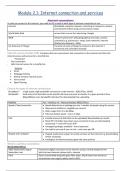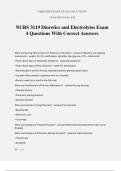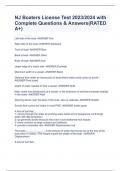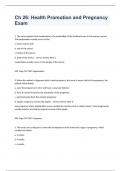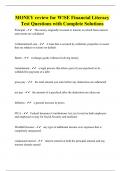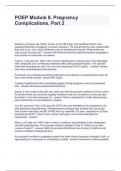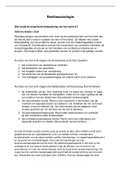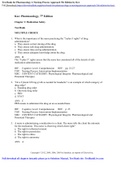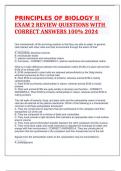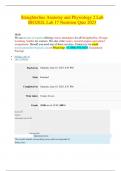Summary
Summary Grade 12 Computers, Part of Your Life: Module 2.1 - Computer Applications Technology
- Course
- Institution
- Book
I am a matriculant who achieved >90% for the final CAT exam. I have created a summary of Module 2.1: Hardware Devices from the textbook "Computers, part of your life - Grade 12" to make your life easier and to save you time. This summary follows the CAPS curriculum.
[Show more]
